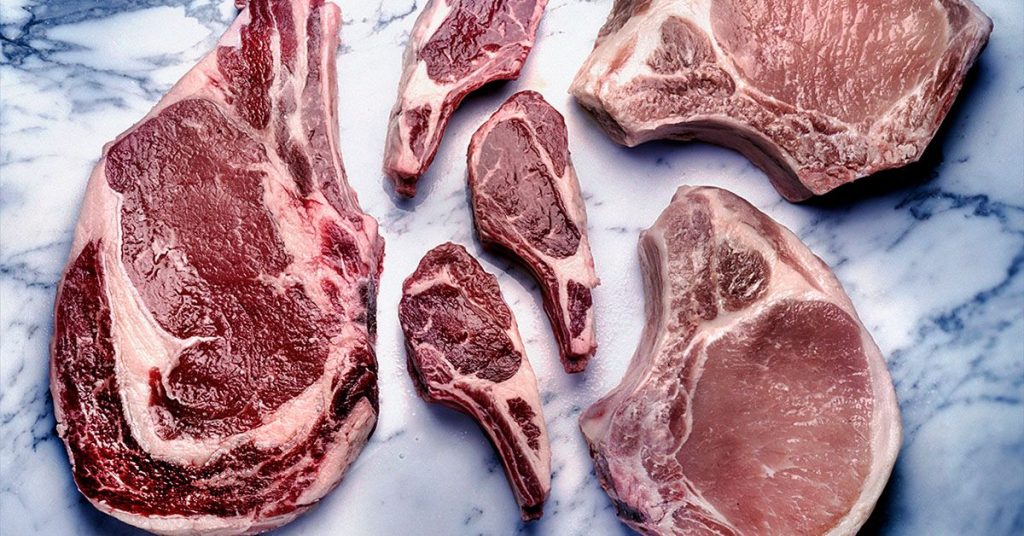A new study suggests that heme iron, found in red meat and other animal products, may significantly increase the risk of type 2 diabetes. Researchers at Harvard’s T.H. Chan School of Public Health found that those who consumed the highest amount of heme iron had a 26% higher risk of developing type 2 diabetes compared to those consuming the least. The study, published in Nature Metabolism, analyzed data from nearly four decades of research on 206,615 adults and found a link between heme iron intake and the risk of type 2 diabetes. The study also raised concerns about the addition of heme iron to plant-based meat alternatives, as well as other processed ingredients.
Diets that emphasize higher consumption of red meat are known to have their own health risks. Some plant-based meat alternatives may also contain unhealthy levels of heme iron as an additive, along with other processed ingredients. The study also found that diets heavy on meat, such as paleo and ketogenic diets, have become increasingly popular despite potential health risks. Experts caution against excessive consumption of red meat and highlight the association between meat-heavy diets and an increased risk of type 2 diabetes.
The study identified blood metabolites that may be involved in the link between heme iron intake and the risk of type 2 diabetes. People who consumed the most heme iron were found to have a 26% higher risk of developing type 2 diabetes, along with metabolic biomarkers associated with the disease. However, the study had limitations, such as not accounting for all confounding factors and potential measurement errors. The results may not be applicable to other racial and ethnic groups as the participants were predominantly white.
Many popular diets that focus on eating large amounts of meat and very low carbohydrates, such as Atkins, South Beach, Paleo, and keto diets, have been associated with rapid weight loss. However, these high-protein, low-carb diets are challenging to sustain long-term and carry health risks. Experts suggest that diets based on whole foods, such as the Mediterranean diet, which includes plant-based foods along with some poultry, fish, eggs, cheese, and yogurt, offer significant health benefits and lower the risk of chronic diseases.
Registered dietitian nutritionists caution against relying heavily on processed meat substitutes, as they can contain high levels of sodium, artificial additives, and unhealthy fats. While iron supplements may be necessary for individuals with specific health conditions, it is best to prioritize getting essential nutrients from whole foods before turning to supplements. Iron supplements can be hard on the stomach and may not absorb as well as iron from whole foods, which offer synergistic nutrients for better digestion and absorption.
Overall, the study highlights the potential risks associated with high consumption of heme iron from red meat and other animal products in relation to the development of type 2 diabetes. Experts recommend focusing on diets rich in plant-based foods and incorporating a variety of nutrient-dense fruits, vegetables, nuts, legumes, and seeds for optimal health. It is essential to consult with a healthcare provider before taking iron supplements to prevent iron toxicity and achieve a balanced diet that supports overall health and well-being.


